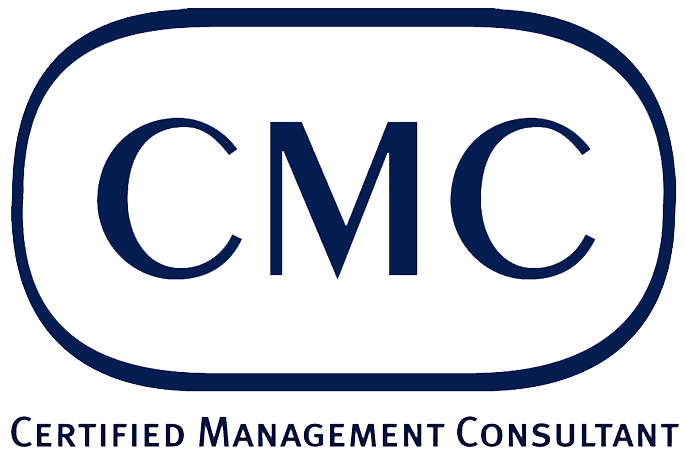By: Nerissa Mendoza, CMC®

An item of periodic deliberation by consulting practitioners is establishing the price of the service to be rendered to clients. The main rationale behind such is to promote practice profitability and sustainability and competitiveness in the industry. Except for fast-moving consumer goods (FMCG) and other basic necessities which are guided by suggested retail price or SRP, in an open market, there are no standards to rely on in quoting for consulting engagements. The accepted and logical reason for this is the range and types of consultants’ expertise and the cost being incurred to run a consulting business. It is typical to find a new practitioner quoting a lower fee vis-à-vis
quotes of existing boutique consulting outfits and those in the category of large and long-existing consulting organizations who may have achieved the status of forerunners or thought leaders in the industry.
Consultancy fee establishment from an internal perspective is also known as the economics of consulting. More specifically;
- A fee quote for a won consulting engagement is linked to a target contribution to the set profitability or viability of a consulting practice. This is premised on the fact the consultant did his numbers-crunching or developed the budgeted consultancy practice P and L for an operating or several operating periods.
- It is an exercise that confirms recovery of both direct and indirect costs related to an engagement
- It can also accommodate provisions for product or service development and marketing initiatives which could be equated to market intelligence, practice development, research and development costs including physical acquisitions that can enhance the image and reputation of the consulting entity.
Consulting practice however is not devoid of competition. The number of players in the industry is constantly growing. The evolving gig economy validates this. In order to get the most technically suitable and financially acceptable consulting job, consultancy exposed and savvy organizations normally require proposal submissions from a number or from those they have shortlisted as pre-qualified consultants. They normally give consultants the benefit of understanding their consulting requirements with pre-proposal submission meetings so they can articulate their needs. For larger organizations like government, development funding organizations among others, they provide a formal term of reference with more stringent requirements for consultants to comply with relative to the technical proposal and its cost. As buyers of consulting service, they naturally associate the consultant’s fees based on the process, function, and industry exposures of the consultant including the number of times the proposed consulting engagement has been rendered for clients.
If one is to start an individual or group consulting practice, basic inputs to pricing consulting engagements are the following.
- Time – it is the anchor used by the consultant to provide the service. This is also known as Level of Effort or LOE. It could be in terms of hours, weeks, or months depending on the established scope of the consulting work.
- Billing Rate – this is the level of effort peso or currency value established for a particular operating period; it is a function of the value of the expertise of the consultant to be devoted to the engagement. Correspondingly a billing rate per hour, per week, and per month can be established for the consultant and each consultant in a group practice. Deriving the billing rate typically answers the following questions:
- Will a consultant’s estimated level of effort for a business year and billing rate once quoted and agreed upon in an engagement contribute to profitability and growth of the practice?
- Will it help recover other operating costs to maintain the consulting practice?
- Can such contribute to the cost of intelligence work and physical acquisitions that can promote the brand of the consulting service?
* * *
On Nery Mendoza’credentials.
She is Certified Management Consultant and is a practicing Business Adviser, Executive, Career and Community Coach. She has facilitated 20 Comprehensive Consulting Courses for CMC Philippines. She carries no less than 35 years management consulting experience in the banking, insurance and other financial services sector, in the health and pharmaceutical sector, in government, development funding organizations, civil society organizations and not for profit organizations, in the telecommunications, energy, utilities, shipping and transport sector and in the consumer and industrial products manufacturing and distribution sector, in educational institutions, membership associations, food service and the hospitality sector. Her coaching practice is focused on Executives, Career Professionals and Entrepreneurs. She can also coach consultants who are starting a practice and those seeking to be certified but still short of the requisite experience. She is also a Certified Management Accountant, a Certified Executive Coach, a Certified Specialist in Risk and Controls Self Assessment and Certified in Total Rewards at Professional level. She can be reached at nerissa.mendoza@outlook.com
